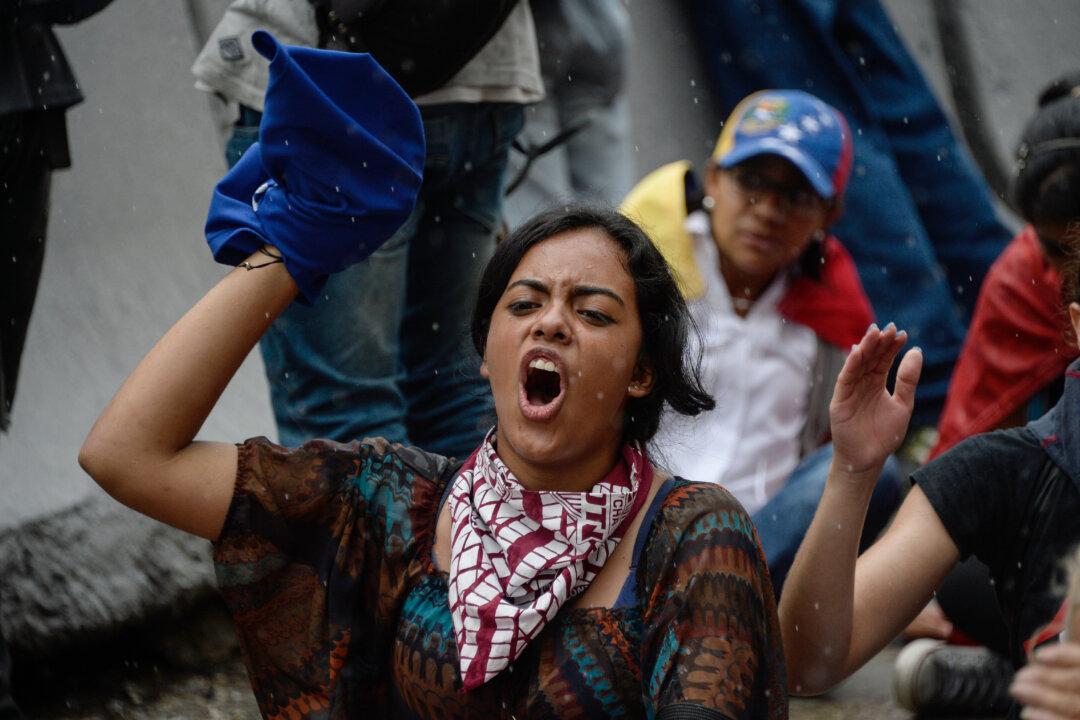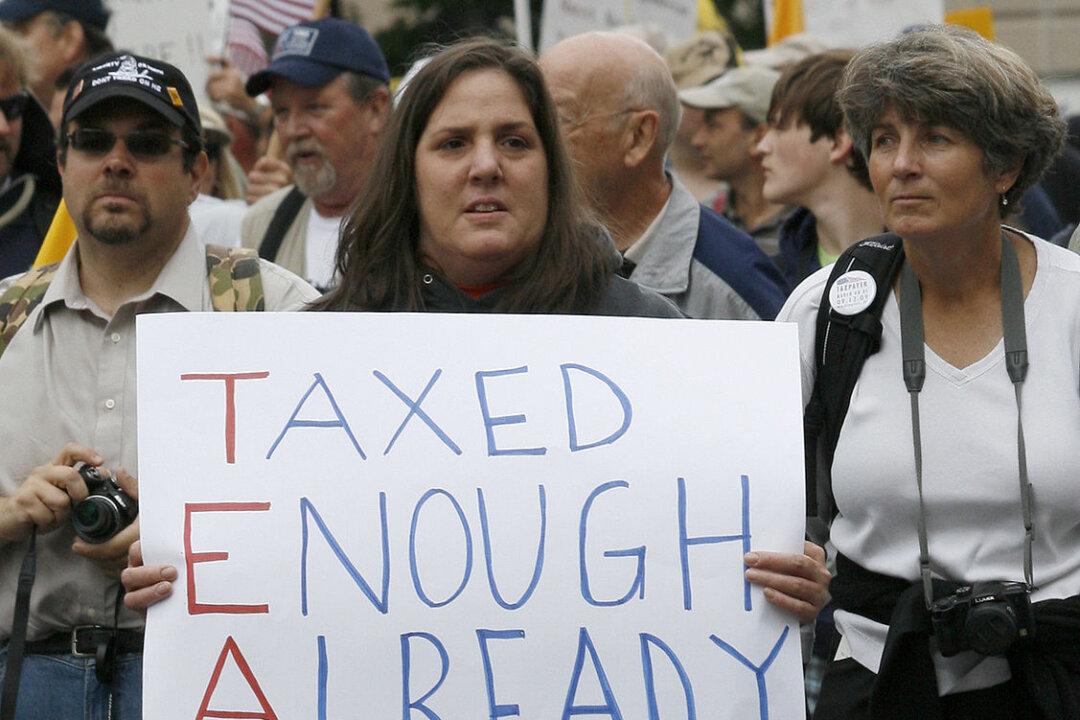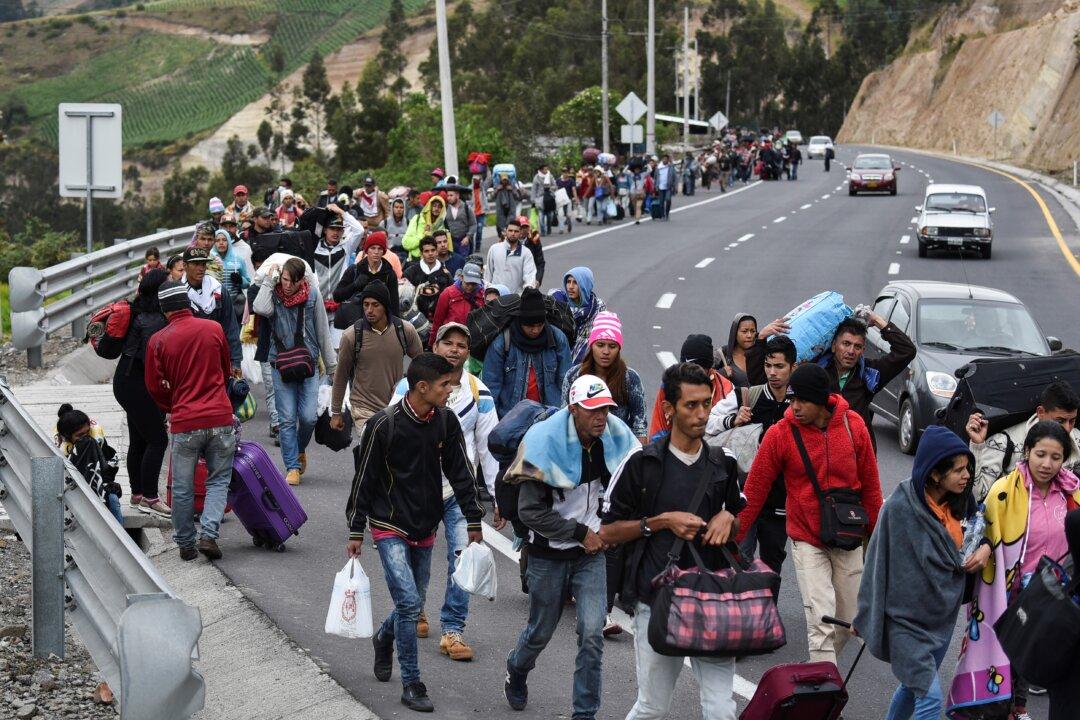Latin American governments have, by and large, engaged in a battle against cryptocurrencies since their birth. Argentina has been a relative exception, being a hub for bitcoin and altcoin development, as locals have seen the potential of cryptocurrencies to overcome exchange controls and high, unstable inflation.
Now, Argentina will have its own distributed ledger, also known as a blockchain, created in conjunction with various government agencies. A blockchain combines private-key cryptography, common protocols, and peer-to-peer networks that are extremely resistant to data modification.





